Summaries of books about Environmental Science:
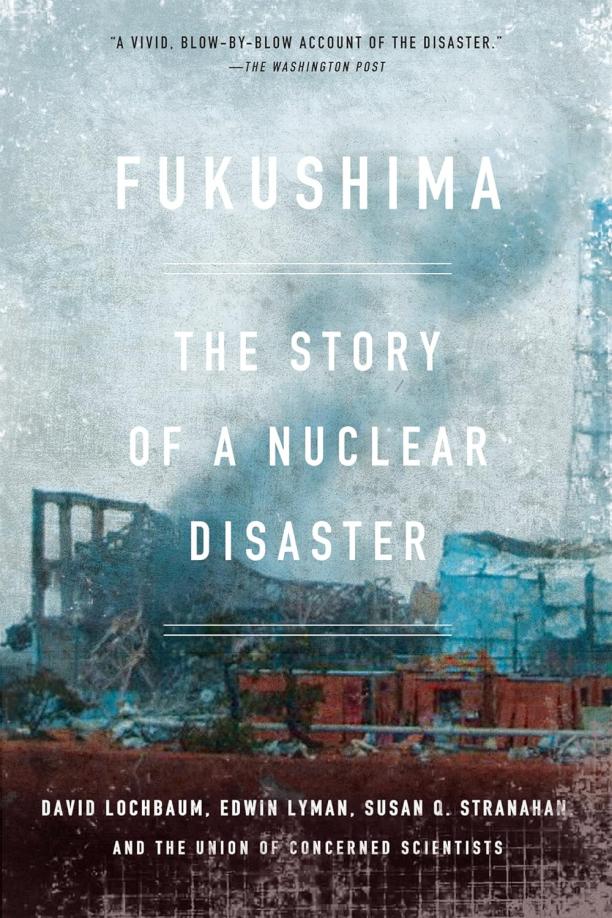
Fukushima
The Story of a Nuclear Disaster
David Lochbaum|Edwin Lyman|Susan Q. Stranahan|The Union of Concerned Scientists
The book provides a detailed account of the events leading up to, during, and after the 2011 nuclear disaster at the Fukushima Daiichi power plant in Japan, analyzing the causes and consequences of the catastrophe. It also examines the response from the plant operators, government officials, and regulatory bodies, highlighting the lessons learned and the implications for nuclear safety worldwide.
See full summary
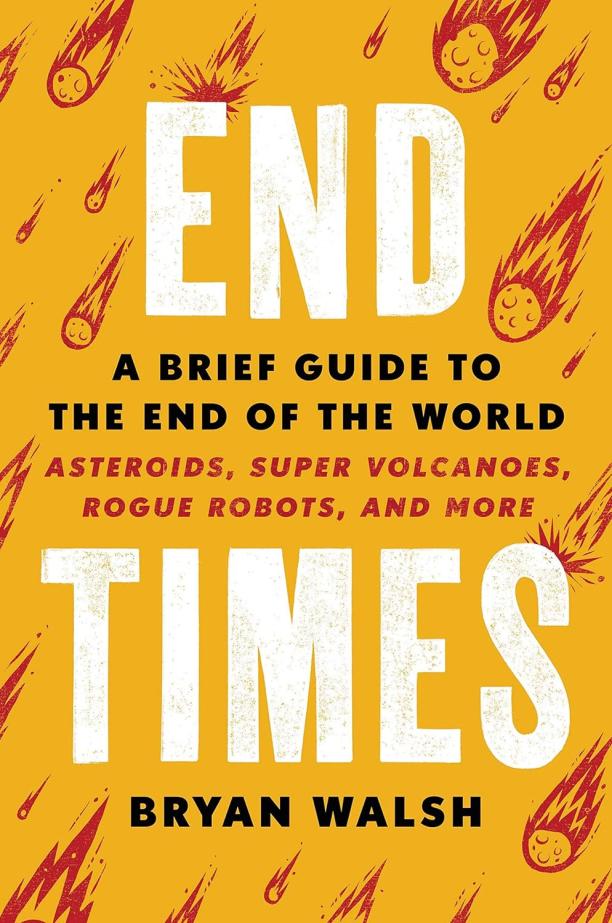
End Times
A Brief Guide to the End of the World
Bryan Walsh
The book explores various scenarios that could lead to the extinction of humanity, ranging from natural disasters to human-made threats like nuclear war and climate change. It delves into the science behind these potential apocalypses and discusses how we might prevent or mitigate these existential risks.
See full summary
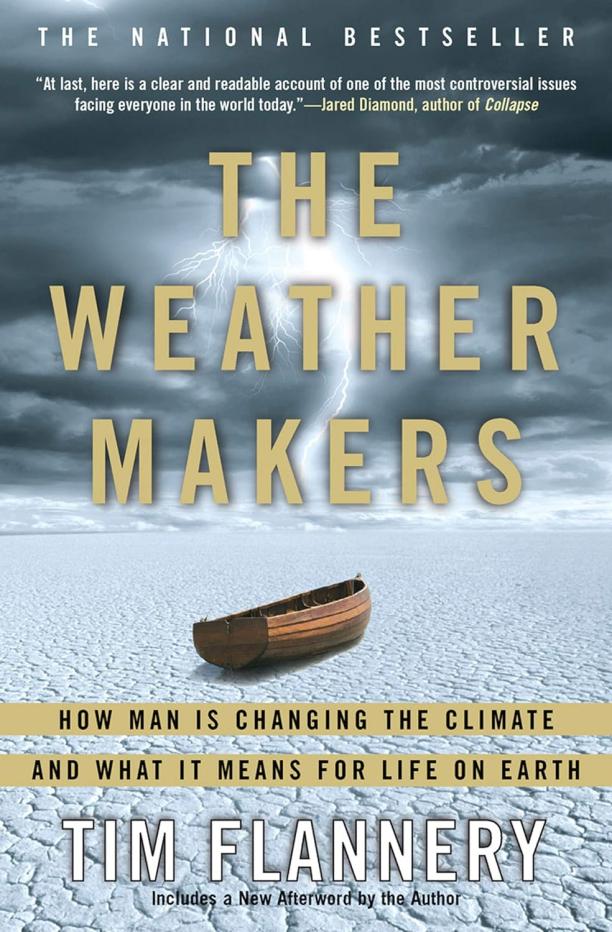
The Weather Makers
How Man Is Changing the Climate and What It Means for Life on Earth
Tim Flannery
The book presents a comprehensive overview of climate change, examining the scientific evidence of human impact on global weather patterns and the potential consequences for ecosystems and human societies. It discusses the history of climate change research, the role of greenhouse gases, and the urgent need for global action to mitigate environmental damage and avert catastrophic outcomes.
See full summary

Feral
Rewilding the Land, the Sea, and Human Life
George Monbiot
The book advocates for the restoration of ecosystems to their natural, unmanaged state, arguing that rewilding can lead to increased biodiversity and ecological recovery. It explores the potential benefits of this process for both the environment and human well-being, drawing on examples from around the world.
See full summary
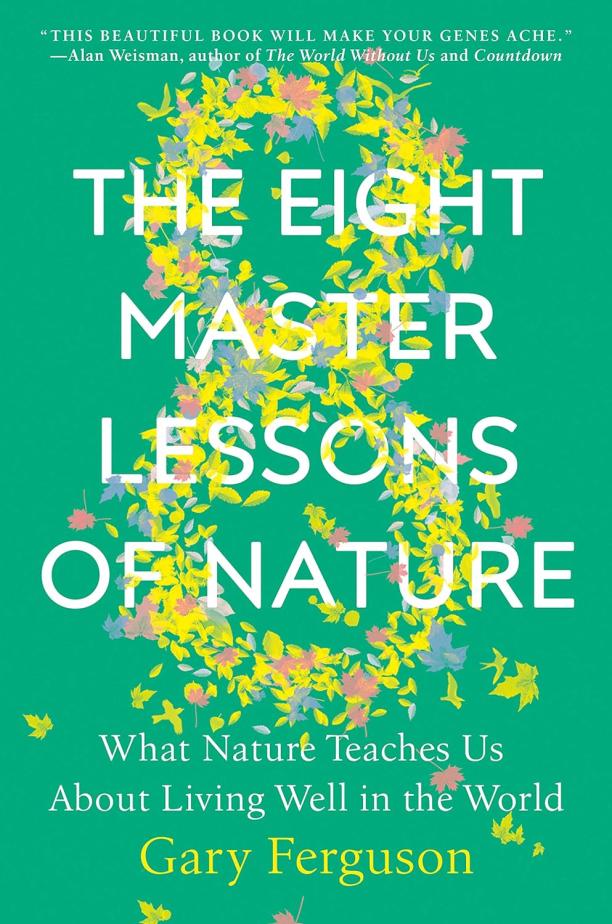
The Eight Master Lessons of Nature
What Nature Teaches Us About Living Well in the World
Gary Ferguson
The book explores the wisdom gleaned from the natural world, presenting eight key lessons that illustrate the interconnectedness of life, the importance of diversity and adaptation, and the need for balance and resilience. It draws on scientific research and personal anecdotes to show how understanding nature's principles can lead to a more fulfilling and sustainable existence for humanity.
See full summary
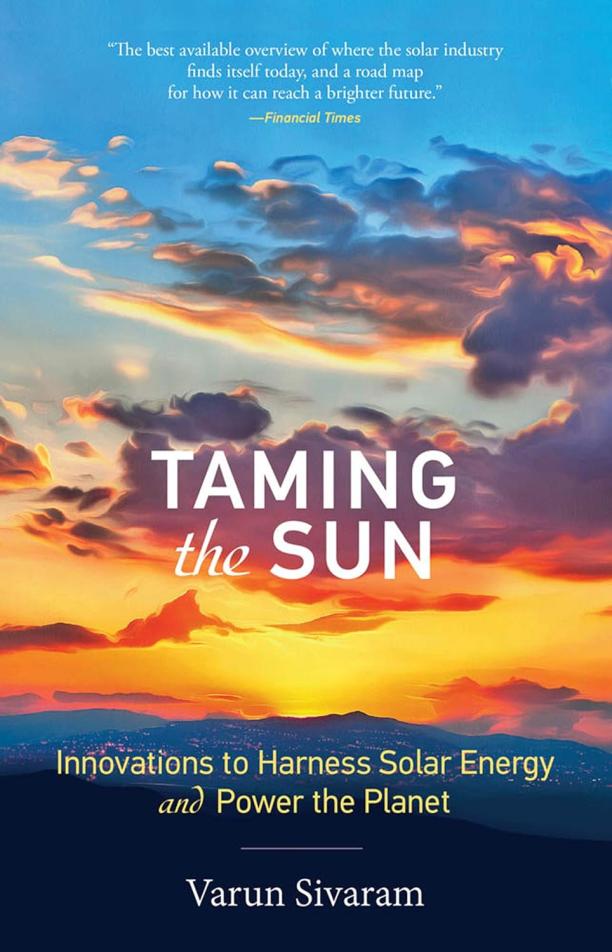
Taming the Sun
Innovations to Harness Solar Energy and Power the Planet
Varun Sivaram
The book presents a comprehensive look at the potential of solar energy to become a major source of renewable power, discussing technological innovations, policy measures, and economic strategies that could overcome current limitations and scale up solar energy use globally. It emphasizes the need for a combination of advancements in solar panel efficiency, energy storage solutions, and smart policy to fully harness the sun's power and address climate change.
See full summary
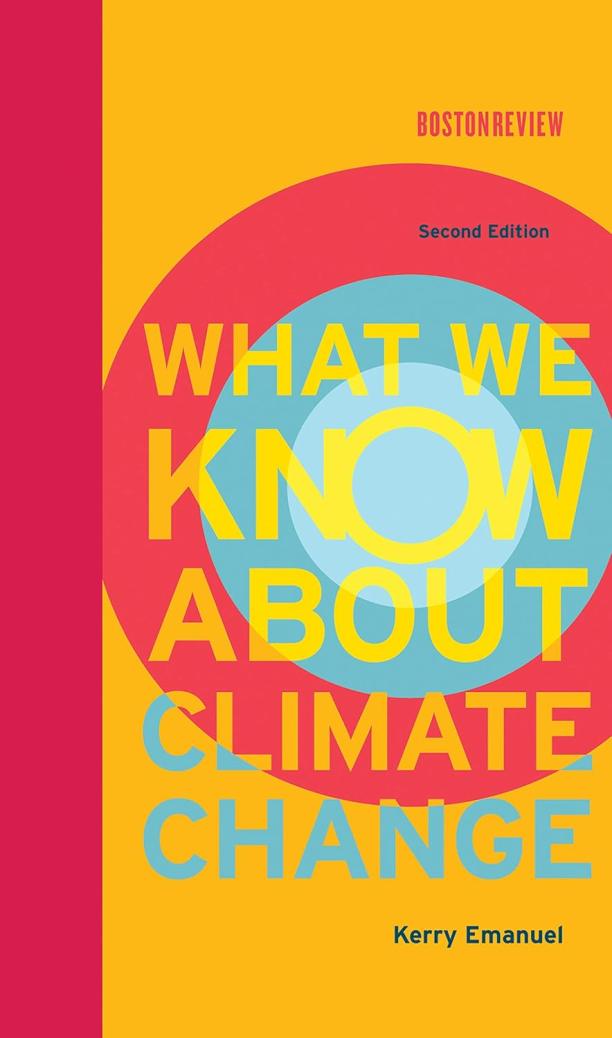
What We Know About Climate Change, second edition
Kerry Emanuel
The book provides a concise overview of the scientific understanding of climate change, explaining the evidence for global warming, the role of human activity, and the potential impacts on the planet. It also discusses the political and economic challenges of addressing climate change, offering insights into the complexities of developing effective solutions.
See full summary
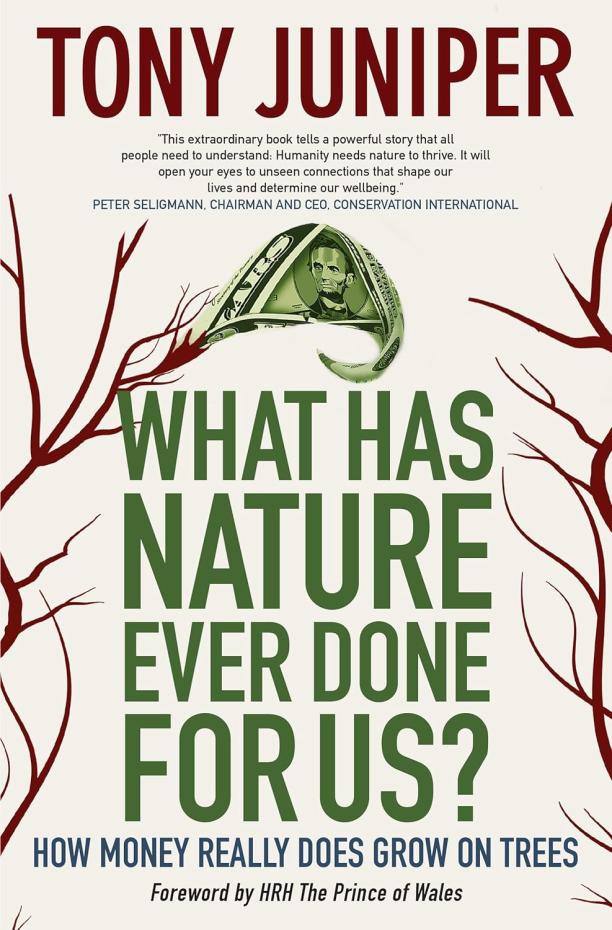
What Has Nature Ever Done for Us?
How Money Really Does Grow On Trees
Tony Juniper
The book explores the vast economic value of natural systems and biodiversity, illustrating how ecosystems contribute to the prosperity and sustainability of human life by providing essential services like water purification, pollination, and climate regulation. It argues for the urgent need to recognize and protect these natural assets to ensure economic stability and environmental health.
See full summary
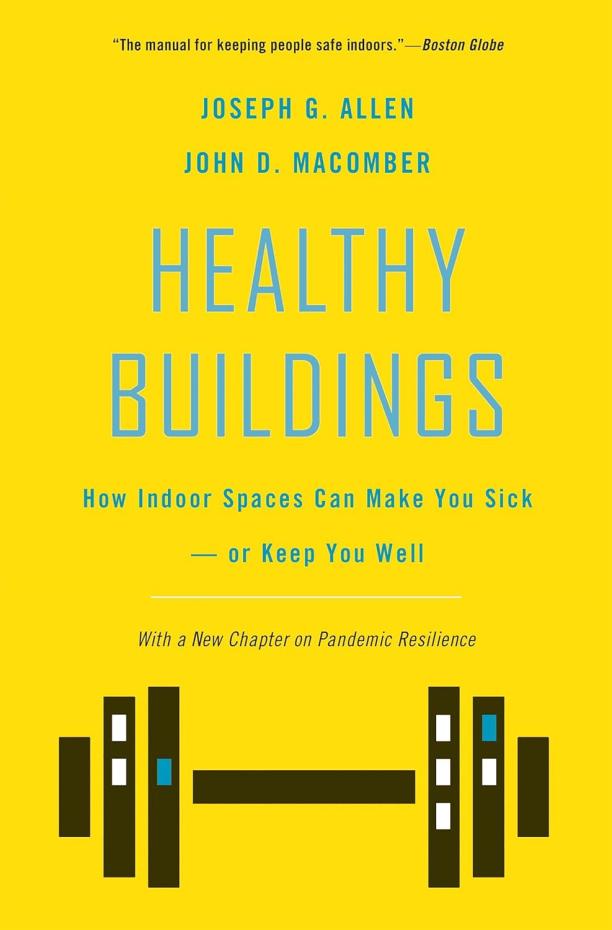
Healthy Buildings
Joseph G. Allen, John D. Macomber
The book explores the impact of indoor environmental quality on human health, productivity, and well-being, advocating for building designs that prioritize occupants' health. It provides evidence-based strategies for improving air quality, lighting, water systems, and building materials to create healthier work and living spaces.
See full summary

Smaller Faster Lighter Denser Cheaper
How Innovation Keeps Proving the Catastrophists Wrong
Robert Bryce
The book argues against pessimistic views on energy and technology, presenting a case for how human ingenuity leads to advancements that make resources more abundant, accessible, and efficient. It showcases examples of technological progress and innovation that have resulted in more productive and sustainable solutions, challenging the notion that we are headed towards a future of scarcity and decline.
See full summary